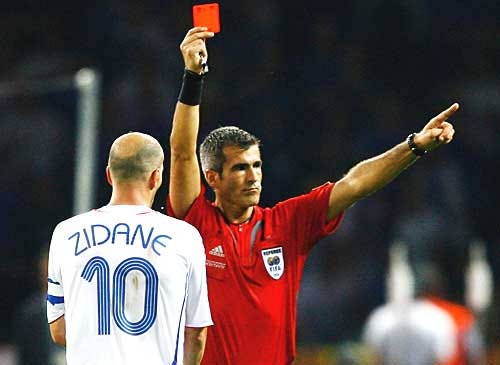Puzzle
Imagine that I have three cards, which are identical in size and shape, and they don’t have any distinguishing marks other than plain colors on their faces. One card is red on both faces, one is green on both faces, and one is red on one face and green on the other.
Now I show all the cards to you so that you can see and check them. I then put the cards behind my back and select one at random (with an equal probability of choosing any card) and show you only one face of that card.
You observe that it is red. What is the probability that the reverse face is also red?

We promise that this one’s short and sweet, so do think of it before peeping into the answer ahead!
Solution
We know that one face of the card is red, so there are only two possibilities. First that this is the card with both red faces, and second that this is the card with one red and one green face.
So having that in mind, the other face could be red (from the first possibility), or green (from the second possibility). Hence, the probability that the other face is red too, is simply half, or 0.5.
Right?
Think again.
Here we are making the mistake of thinking in terms of cards, rather than the individual faces of cards. Because there are two ways in which the faces of the all-red card can be presented (imagine that we identified them as face 'A' and face 'B').
These are two distinct events from a probabilistic perspective, and so they should be counted separately. Therefore, the total number of possible scenarios in which a red face is seen is 3 - face 'A' of the all-red card, or face 'B' of the all-red card or the red face of the red-green card.
And hence, when we have a red card at first, we are left with 3 more choices, out of which two of them are red. This makes the probability of the reverse face also being red = two thirds or 0.67
This one is a very simple yet tricky problem, where we tend to miss the finer details in the hurry of coming up to the answer. If you have any questions, please comment on this post! Share it with your friends if you like it!


This reminds me of the monty hall problem